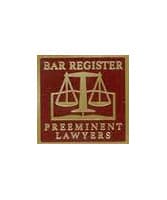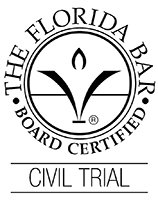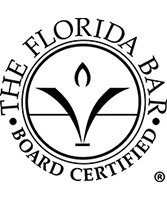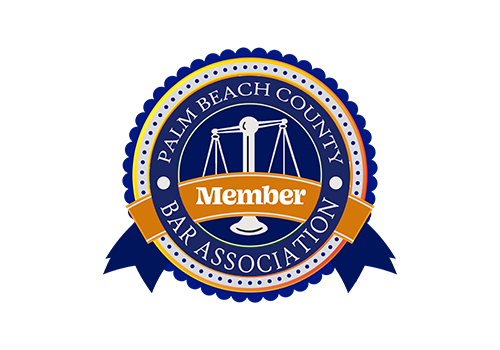How Do I Know if I Have a Personal Injury Case
The State of Florida allows those who suffered injury, loss, or property damage to obtain compensation from those responsible for their losses. People who suffer injuries or losses because of another may file civil actions against the at-fault party for damages.
Regardless of how your injury occurred, if you were injured in a circumstance that was not your fault, you have every right to pursue damages through an injury claim or a lawsuit.
Injury Claims and Lawsuits
There are two ways to obtain compensation after you’ve been injured in an accident that was caused by another’s wrongdoing.
- Injury claims – Your first avenue to obtain compensation would be to file a claim with the other party’s insurance company, and your claim must demonstrate that the other person was responsible for your injuries. You must also make a claim for damages and present evidence to support it. You will then negotiate a settlement to cover your losses.
Claims can be less time-consuming than going to trial, and you may receive your funds a lot quicker. However, you may still have to wait weeks or longer for the insurance company to respond and make decisions, and they may offer a settlement that does not fully cover your losses, especially any future expenses and inconveniences you may experience. - Injury lawsuits – If your settlement negotiations are unsuccessful, you could file a lawsuit to recover damages from the other party. Unlike a claim, a lawsuit is heard in court. A judge or a jury will hear your case and decide on the matter.
A lawsuit offers the advantage that your award will not be left up to the insurance company. A neutral judge or jury will make those decisions, and the award can be far more substantial than the settlement amount. Also, a judge may award punitive damages, such as in cases of egregious wrongdoing. However, trials are costly, time-consuming, and complex. They can take a long time to resolve, and you have no guarantee of the amount you will receive or even that the court rule in your favor.
Although you may file a claim with the other party’s insurance company at any time, Florida has a statute of limitations for filing a lawsuit against the party that caused your injuries. There are different limitations for certain situations, so you need to have a Florida personal injury attorney review your case as soon as possible and advise you accordingly.
Prove the Other Party Is Liable
Whether you file a claim with the defendant’s insurance company or file a lawsuit in court, you will have to show that the other party was at fault for your injury. You will also have to provide documentation that details your losses and the compensation you seek.
Personal injury law covers a lot of different types of cases. The nature of your injury, who or what caused it, and many other factors will determine the best way to pursue compensation. You’ll need an attorney who knows the laws for the type of case you have. For example, there are strict liability laws about defective products. Medical malpractice cases also have a unique set of requirements, along with damage caps for the amount of compensation you can receive.
Furthermore, Florida follows comparative negligence rules that will affect how the court sees your amount of liability for your injuries, and this can determine how much, if any, compensation you get.
The Compensation You Could Obtain
If you suffered an injury or lost a loved one because of someone else’s actions, the effects on your life have gone beyond the money you have had to pay for your treatment and other expenses. You might also have lost time from your job because of the accident, and you deserve to be compensated. In personal injury cases, you obtain both economic damages and non-economic damages.
Economic damages are compensation for the tangible losses you incurred, and they are typically easy to calculate and document. They include:
- Medical expenses
- Lost wages
- Property damage
Non-economic damages are compensation for the intangible losses that may result from the accident. These include:
- Pain and suffering
- Emotional distress
- Loss of enjoyment of life
- Disfigurement
Along with these, you might also be eligible to obtain punitive damages if you can provide clear and convincing evidence that the defendant’s misconduct was intentional or occurred due to gross negligence.
Contact Us
For a confidential review of your injury case from an experienced Florida personal attorney, you can contact Schuler, Weisser, Zoeller, Overbeck & Baxter P.A. at (561) 689-8180 to request a free consultation.
Related Reading:










